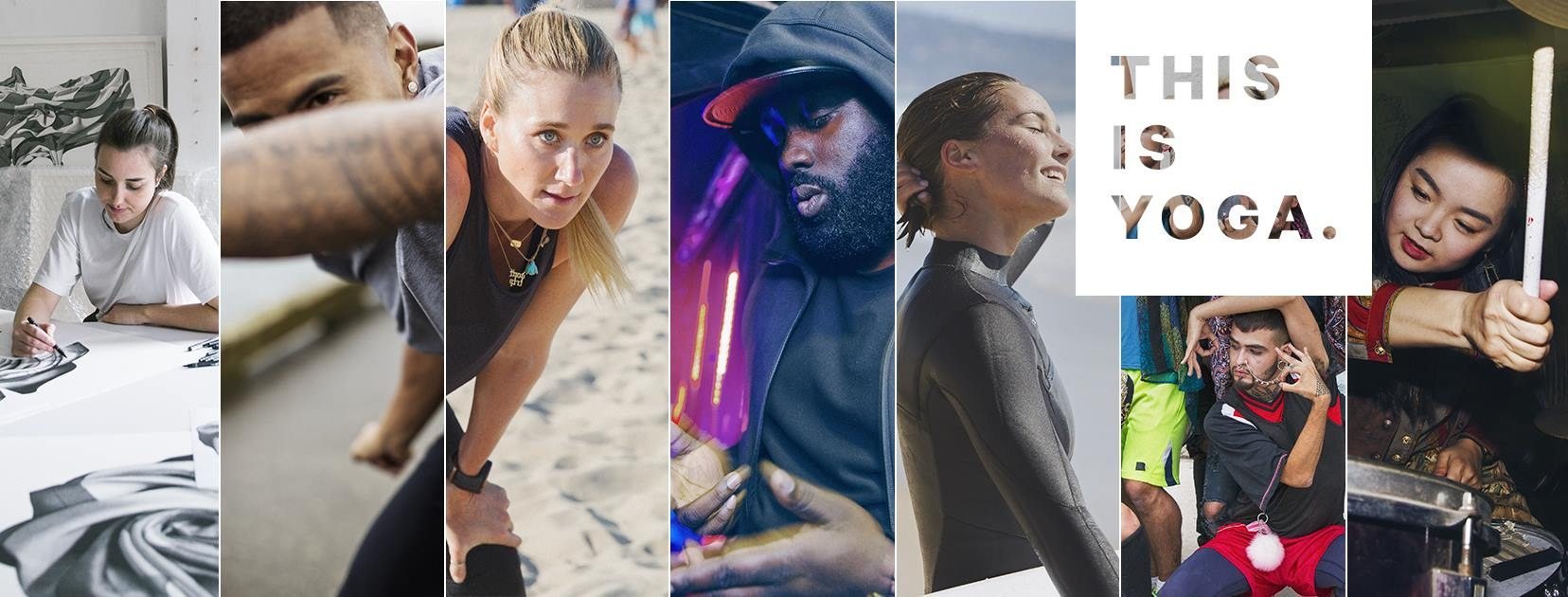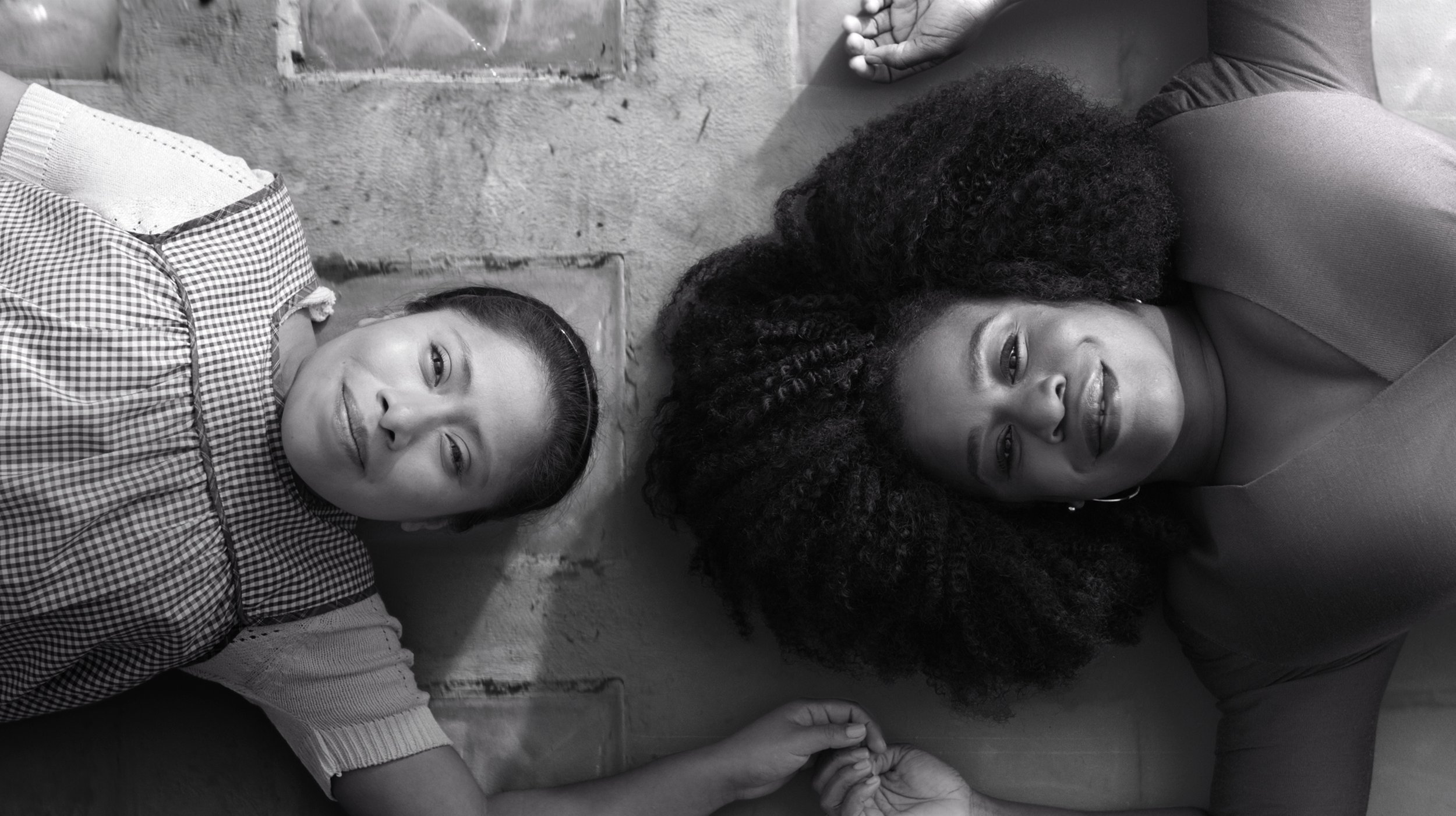
Bodiology
Helping a women’s sustainable underwear brand reach a global audience.
A company specializing in undergarments for women recovering from cancer treatment wanted to expand its audience to all women but feared its cancer association might alienate potential customers. To address this, they had fragmented their brand into multiple sub-brands, creating confusion and low consumer awareness.
The challenge was to unify the brand under one identity while positioning it for global growth. Positioning them as a brand where all women have agency over their bodies, we helped the company clarify its mission and evolve into a cohesive fem-tech brand. Renamed Bodiology, with the tagline “Made with Empathy,” the new identity reflects femininity, elegance, and sustainability, emphasizing natural materials like bamboo. A unifying North Star and comms playbook were developed to reintroduce the brand, elevate its presence across channels, and support future growth. The new logo and identity celebrate connectedness, inspired by the female body’s forms and experiences, positioning the company as a compassionate and empowering advocate for women’s healthcare.
Foundational Brand Strategy
Brand Architecture
Creative Strategy
Cultural Strategy
Qualitative & Quantitative Research
Workshops
Brand Platform
Persona Development
Brand Pillars
Brand Messaging
Mission, Vision & Values
Tone of Voice
Creative Direction
Naming
Art Direction
Copywriting
Print & OOH
Brand Identity & Guidelines
Photography
Experiential
Web & App Design
Comms Planning
Manifesto
Science without empathy does not see us — us women, that is. The keen eyes of science are accustomed to looking in a single direction — toward men.
Uteruses, breasts, pelvic bones like open baskets, stretchy tendons, clitoral nerves, blood-rich placentas and pulsing cords, sturdy hearts and chilly hands – still, we are working to make science see us as we are.
To disaggregate data by sex.
To include women in clinical trials.
To teach the proper names. Cervix. Vulva. Fallopian tube.
To protect our mothers as they give birth.
To protect our mothers as their shoulders stoop and bones grow frail.
To protect our girls from a world that will make them feel that their faces are deviant and in need of correction, that their breasts are deviant and in need of strapping down, that their menstrual cycles are deviant and a source of shame. Empathy without science does not serve us, either. We women might like understanding and an attentive ear — who doesn’t? – but we like action, too. And change. We want more than a pitying look and a breast cancer dream journal; we want products that help us, products that work, products that are better than the ones that came before (pink or not pink — we don’t care). A “you go, girl!” label slapped onto a half-assed product is still a half-assed product, and women have had it up to their teeth with not-good-enough.
And to the woman lying in her hospital bed staring at the ceiling, eyes welling with tears: you don’t have to choose between care or rigor, tenderness or precision, empathy or science. We won’t make you.







